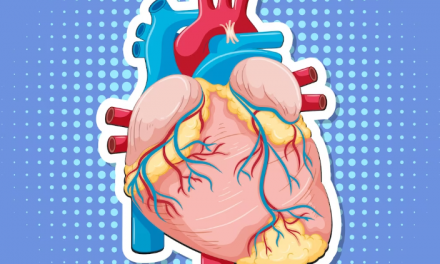My patients often tell me that they would love to lose as much weight as possible, as fast as possible. In clinical practice, we typically recommend a ‘slow and steady’ approach of 1-2 lb per week (0.5-1kg), with the thinking that a sustainable approach to weight management will be one that is slower.
Today’s question: if you lose weight faster (or slower), will you have better long term success?
In a randomized controlled trial, 200 Australian participants with obesity (BMI 30-45) were assigned to either a 12-week (rapid) weight loss program using meal replacement diets, or a 36 week (gradual) program using a calorie restricted diet , both aimed at achieving 15% weight loss. Those who lost 12.5% body weight or more during those time frames were then placed into a 144 week weight maintenance program.
In the weight loss phase of the study, 81% of people randomized to fast weight loss (with meal replacement) achieved ≥12.5% weight loss, compared to only 50% of those randomized to gradual weight loss (using a calorie restricted diet). However, in the weight maintenance phase, nearly everyone regained weight. At the end of the 144 week weight maintenance phase of the study, both gradual and rapid weight loss participants who completed the study had regained most of their lost weight (71% weight regain in both groups). The rate of weight gain was also the same in both groups.
In a Canadian study of 11,281 patients attending a publicly funded clinical weight management program, weight loss and associated health changes were examined, to determine if the rate of weight loss had any impact on improvement in health. They found that people who lost weight quickly in their program (≥1kg per week) lost more weight (-24.7kg) compared to those with ‘recommended’ rate of weight loss of 0.5-0.9kg/week (-13.3kg), compared to those with slow weight loss of <0.5kg/week (-5kg), over 3-6 months. When they looked at improvement in metabolic health parameters, the rate of weight loss didn’t matter – it was the amount of weight loss that mattered (with greater weight loss bringing greater health benefits).
Share this blog post using your favorite social media link below!
Follow me on twitter! @drsuepedersen
www.drsue.ca © 2021












